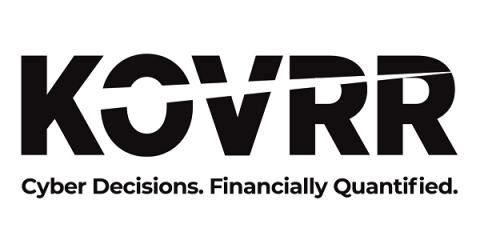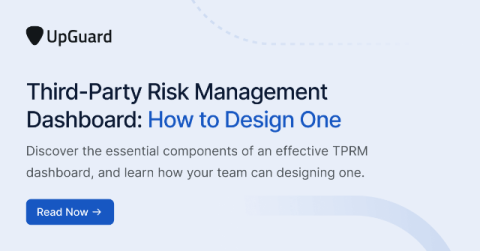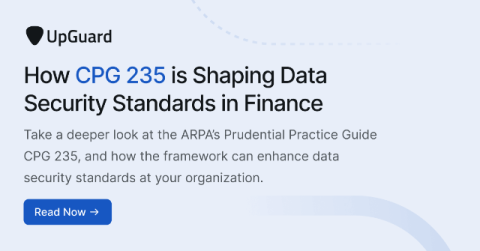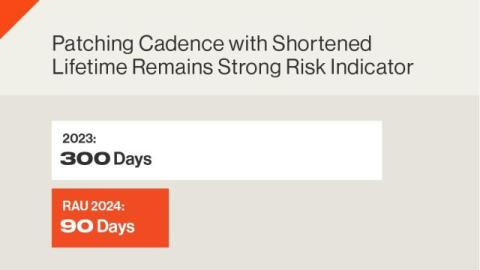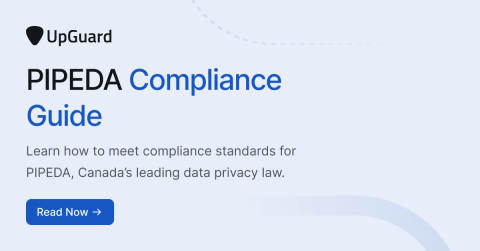Your Cybersecurity Risk Is Higher on July 4
While the Fourth of July is typically considered a day of celebration for those in the U.S., many don’t realize it’s also a period of heightened risk. In fact, this isn’t unique to the Fourth of July: holidays often see an uptick in cybersecurity threats. With the Fourth of July nearly upon us, let’s examine why this happens and how you can protect yourself and your business.



